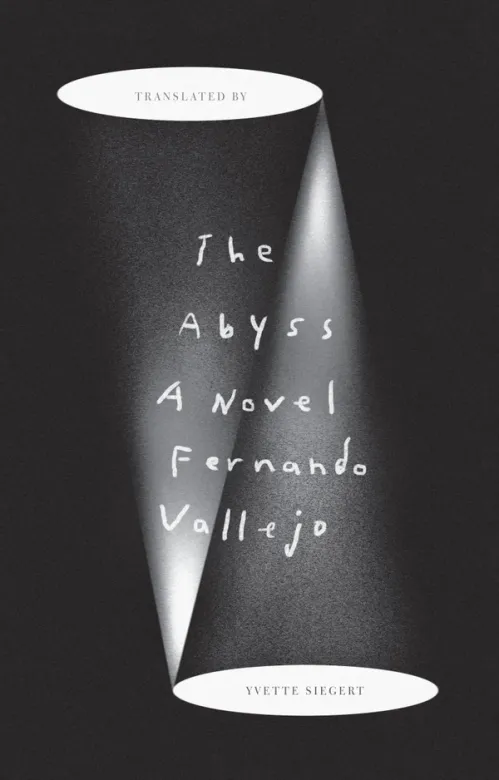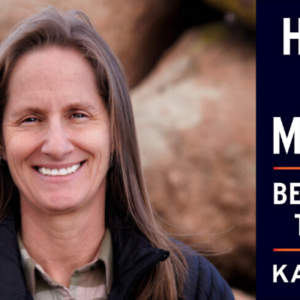
When they opened the door for him, he walked right past without saying hello, went up the stairs, reached the room at the far end of the house, collapsed on the bed, and slipped into a coma. Freed from himself in this way, at the edge of the abyss of death that he would soon fall into, he experienced what I think were the first moments of peace he had known since childhood. It was Christmas, the happiest time of year for children in Antioquia. Yet it had been so long since we were kids. Days, years, our entire lives had rushed past us like the Medellín River, which the city had turned into a sewer, so that instead of teeming with the shimmering fish of years past, its raging whirlpools and murky waters could now drain the shit, and nothing but more and more shit, all the way out to sea.
By New Year’s, he had come out of the coma and was faced with both the ineluctable fact of his illness and the dusty asylum of his house, my house, which now lay practically in ruins. But did I just say my house? Christ. How long had it been since it stopped being mine. Ever since Papi had died. Hence the dust, because after he was gone, nobody ever swept. With my father’s passing, the Crazy Bitch had lost not only a husband, but also a servant, the only one who had never quit on her. He lasted her half a century, more or less. Those two were the spitting image of love, the very sun of happiness, the perfect marriage. They produced nine children in the first twenty years of their union, while the machinery still worked, all for the glory of God and country. But what God, what country? What idiots. God does not exist, and if He does, then He is a pig and Colombia a slaughterhouse. And I who swore never to come back. But never say “From this water I shall not drink,” because at the rate things are going, and given our numbers, it’s bound to happen that, on the day we least expect it, all of us will find ourselves drinking from the shitwater of that same river. All for the great glory of the aforementioned, and world without end, amen.
I came back when they told me that my brother Darío—the next in line in the infinite ranks of our siblings—lay dying, though nobody knew from what. But come now, it was from the same disease that is all the rage with queers, and whose latest trend makes them wander the streets looking like cadavers, like translucent ghosts set in motion by the same sort of light that can nudge a butterfly’s wings. What are they calling it? Damned if I know! What with my eternal weakness for women, I know nothing about queers, even though there are plenty of them in this world, and some of them are presidents, some of them popes. (Without having to go farther afield than this country of assassins, couldn’t we say of our most recent head of state that he was really more of a queen?) And these popes are more fluent in the filthy tongues of men than in the fiery tongues of the Holy Spirit, a fact that inspired in Pope Paul VI a certain apostolic weakness for the beauties and hustlers of Rome. The same weakness that came over me when I met him, or rather, when I saw him from a distance, one Sunday morning in St. Peter’s Square. He was standing at his window, blessing the faithful. An unforgettable sight: His Holiness standing above, waving his blessing, and his flock below, all of us corralled meekly in the gloom of the plaza. If you ask me, and this is my own humble opinion, the Pope blessed too much that day. His blessings were mechanical, and they lacked specificity, as if his hand were dangling at a broken angle from his body, as if it were up to us to decipher the vague crosses that he was signing in the air. Like a notary who ruins his signature from sheer overuse, His Holiness had ruined his own papal blessing. Clumsy, haphazard blessings scattering to the four winds. Blessings that fell left and right, this way and that, wherever and for whomever, the devil may care. What a load of blessings he rained down on us. That morning, His Holiness looked more like a doctor prescribing antibiotics, so liberal had he been in doling out those blessings.
I rang the doorbell and who should answer it but the Lazy Jerk himself, the monstrous spawn who had been the runt of the Crazy Bitch’s litter, born when she was long past her prime, when her eggs and genetic material were already riddled with mutations. He opened the door and didn’t even acknowledge me, he simply turned around and went back to his computers, to the Internet. He had gradually taken over the house, this house that our father had left us when he left this world. First, he laid claim to the living room, then the garden; next, he took over the dining room and the patio and the piano room, followed by the library, the kitchen, and the entire second floor, all the bedrooms, without forgetting the roof above each room or the antennas that sat on top. The vines that hung out front over the picture window—even these belonged to him now, as did the poor mice that scurried in at night, though we had just managed to rid our house of them when Papi died.
“Why won’t this malformed fetoid even say hello to me?” I said. “Or was he one of my one-night stands?”
He had not spoken to me in ages, not since the year that our chestnut tree bloomed. A hatred had been fermenting and taking hold in his gut, towards his own brother, towards this love—a hatred towards me, towards this self who says I, the one in charge of this whole enterprise. But there was nothing to be done. As long as Darío was still alive, we were all condemned to live with one another under that same roof, in that same hell, in that little hellhole that the Crazy Bitch herself had created, step by step, day after day, and all so lovingly, over the course of fifty years. Like any successful business, ours was a hell rich in tradition.
I walked in and set my suitcase down in the entrance. This is when I noticed her. Death, that fuck-faced floozy with the ineffable smile, was positioned firmly on the first step of the staircase. She had returned. If only it were me she had come back for. But no chance of that. She seems to hold this humble servant of yours (never hers!) in high regard. Whenever she sees me, she moves aside to let me pass, much as the Haitians used to do for Duvalier when they ran into him in the street.
“No, ma’am,” I said. “I’m not going up. You’re not the one I came to see. Like the Crazy Bitch, I try to avoid taking the stairs. I prefer to walk on level ground at all times. But take care of yourself until I get back, and look out for my suitcase while you’re at it. In this country of robbers, you never know. Anyone can make off with your knickers—or, in your case, your sickle.”
So I left Old Toothless at her post and proceeded to the patio. There I found my brother, lying in a hammock that he had tied to the mango tree on one end and the plum tree on the other. A sheet draped on top of some clotheslines shielded him from the sun.
“Darío, my friend, imagine finding you here in the sheikh’s tent!”
He sat up and smiled, as if the sight of me gave him a glimpse of life itself. But that pleasure at seeing me was the only sign of life in his eyes. The rest of his face was nothing but wrinkled skin, scarred with sarcomas and hanging loosely from the bone.
“What’s been happening?” I said. “Why didn’t you tell me how sick you really were? There I was, calling Bogotá from Mexico City, day after day, and no one ever picked up. I thought your phone was broken again.”
But no, the broken one was my brother. He was the one who had been dying, for months now, of a diarrhea that not even our Heavenly Father, for all His omnipotence and well-documented benevolence towards human beings, had been able to alleviate. The thing with the telephone was a simple matter of connecting two loose wires, but my brother, who had a total disregard for earthly callers, preferred to leave it disconnected on the floor while he nursed a somber cloud of marijuana smoke, letting it feed on itself and billow heavenward until it was intercepted by the ceiling. The telephone could be fixed, but he could not. With or without AIDS, he was a lost cause. And all this coming from the likes of me.
“Open the windows, will you?” I said when I visited his place. “Let this cloud of smoke clear out. It won’t let me think.”
He would not open them, saying that if he did, it would only let a cold draft in. So there he would lie in his indoor hammock, completely unperturbed. What a disaster area that apartment in Bogotá had been. Worse than this house in Medellín, where he now lay dying. A description of the bathroom says it all. For one thing, you had to go up a little step. “What is this step about?” I said. “Such geniuses of shitty workmanship!”
Who in their right mind would think of making the bathroom a step higher than the rest of that hovel? I tripped whenever I went in and fell headlong into the void on my way out.
“Whoever built it,” I continued, “is a sonofabitch to the second generation. First with regard to his mother, and then to his grandmother.”
There was no light in the bathroom, or rather, there was a light bulb, but it had burned out, and Lord only knows how long it had been since the toilet paper ran out. Since the time of Methuselah, no doubt, or at least since the days of Maricastaña or Her Majesty Gaviria. And watch out if you sat on the toilet, because then you were bound to bump your knees against the wall. How I would love to have seen His Holiness Wojtyla on his haunches there, or maybe standing under that showerhead with its faint stream of cold, cold water, which trickled, drop by drop, at a one-inch angle from those frigid walls. Here the discomfort was no longer confined to your knees. Now you were sure to bang your elbows while trying to lather up. Which also brings up the soap situation.
“Damn it, Darío, where is the soap?”
He said there wasn’t any. It had run out. One more thing that had run out. Everything in this world must come to an end. Now it was his turn, and not even God Himself could prevent it.
__________________________________
From The Abyss by Fernando Vallejo. Used with permission of the publisher, New Directions. Translation copyright © 2024 by Yvette Siegert.


